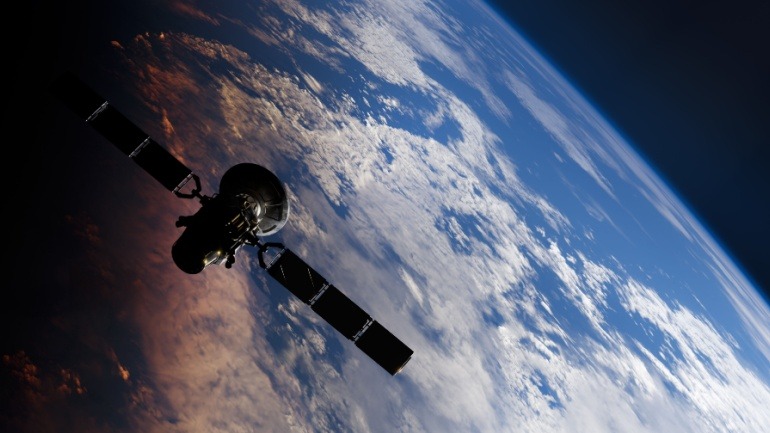Amazon Web Services’ upcoming European Sovereign Cloud in Germany signals a strategic shift in VoIP and cloud services, ensuring stringent data sovereignty and regional control specifically for Europe. This move aligns AWS with local data requirements, emphasizing compliance, security, and reliability—critical factors for businesses and public entities relying on cloud technology.
Saudi Arabia’s HUMAIN initiative is investing $10 billion to become a global leader in artificial intelligence. Backed by the Public Investment Fund, HUMAIN plans major data center expansion, strategic tech partnerships, and AI model training dominance by 2030, all aligning with Vision 2030.
Verizon has received FCC approval for a $20 billion acquisition of Frontier Communications, expanding its fiber network to reach more homes nationwide. In exchange, Verizon agreed to eliminate all diversity, equity, and inclusion initiatives, reflecting broader industry and political shifts away from such programs.
AWS and Saudi AI firm HUMAIN are launching a $5 billion initiative to develop an AI Zone in Saudi Arabia. The project supports Vision 2030, boosts innovation across key sectors, and includes training for 100,000 Saudis. By 2030, AI could add $130 billion to the economy.
India has introduced strict satellite communication regulations to bolster national security and attract global players. Key mandates include data localization, domestic infrastructure sourcing, and compliance with GPS alternatives. Giants like Starlink and OneWeb must align with these rules as India asserts control over its fast-growing satcom and satellite IoT sectors.
AWS is adjusting its data center leasing strategy, particularly internationally, amidst investor scrutiny over AI infrastructure spending. This temporary pause in leasing discussions signals a strategic shift, focusing on synchronizing growth with demand. AWS continues to review infrastructure options for efficient AI deployment.
The FCC has approved AT&T and AST SpaceMobile to test direct-to-cell satellite connectivity for FirstNet. This initiative aims to enhance public safety communications by extending reliable service to remote and disaster-affected areas through low Earth orbit satellites.
Vodafone and Three are exploring a Pay-TV service bundled with broadband, phone, and mobile plans. This comes after their £15 billion merger, aiming to capture a broader audience. Competing against Virgin Media O2 and BT, they’re leveraging existing expertise from Germany and the Netherlands to navigate shifting preferences towards streaming.
The United Kingdom’s AI Energy Council is harmonizing clean energy with AI infrastructure. Key players like Microsoft and AWS aim to ensure sustainable power for data centers and AI facilities. This initiative aligns AI growth with renewable energy sources, enhancing the U.K.’s computing power and economic development.
Project Kuiper by Amazon is poised to revolutionize the broadband landscape with its Low Earth Orbit (LEO) satellite launch, directly challenging Starlink. With over 3,200 satellites and telecom partnerships, Kuiper promises high-speed, low-latency internet worldwide. This development is a significant contender in the growing LEO broadband market.













